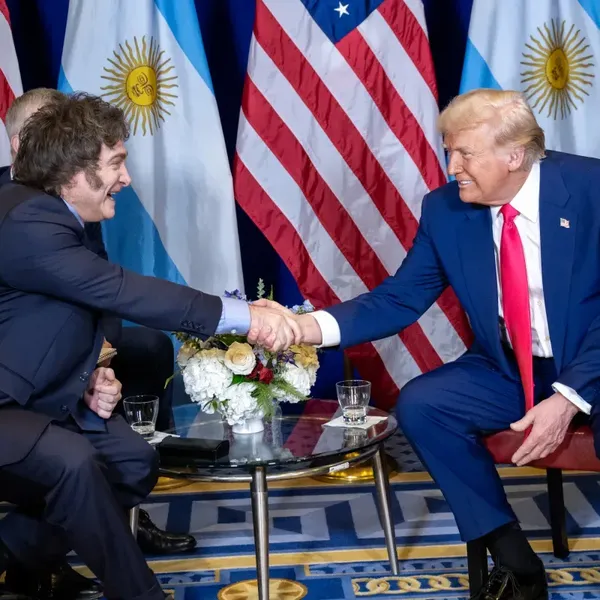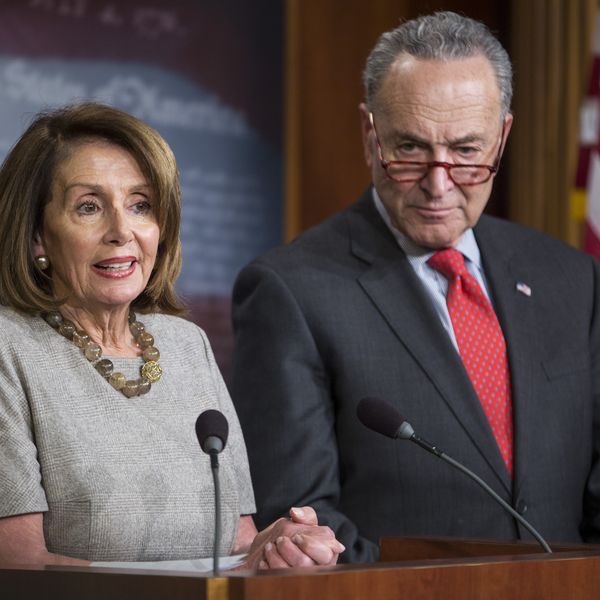TV Globo's report indicated that there was information in the targeted Petrobas computer network that could be very valuable to foreign oil companies. Former President Lula da Silva said that Obama should "personally apologize to the world"; and Dilma also demanded a full public apology - which was not forthcoming.
The rift with Brazil comes at a time of worsening US relations with Latin America, and especially South America. It is indicative of a much deeper problem.
The Obama administration's refusal to recognize the results of the Venezuelan elections in April of this year, despite the lack of doubt about the results and in stark opposition to the rest of the region, displayed an aggressiveness that Washington hadn't shown since it aided the 2002 coup. It brought a sharp rebuke from South America, including Lula and Dilma.
Less than two months later, US Secretary of State John Kerry launched a new "detente", meeting with his Venezuelan counterpart Elias Jaua in the first such high-level meeting in memory, and implicitly recognizing the election results. But new hopes were quickly dashed when several European governments, clearly acting on behalf of the United States, forced down President Evo Morales' plane in July.
"They've definitely gone crazy," President Cristina Kirchner tweeted, and UNASUR (the Union of South American Nations) issued a strong denunciation. The gross violation of international law and diplomatic norms was another flamboyant display of Washington's lack of respect for the region.
It seems that every month there is another indication of how little the Obama administration cares about improving relations. On 24 July, the IMF, at the direction of the US Treasury Department, abandoned its plan to support the Argentine government in its legal battle with "vulture funds". The IMF had previously committed to filing a brief with the US supreme court supporting the Argentine government.
This was not out of love for Argentina, but because the lower court's decision - which would try to prevent Argentina from paying 92% of its creditors in order to satisfy the vulture funds - was seen as a threat to future debt restructuring and therefore to the world financial system. But anti-Argentina lobbyists were allowed to prevail, even against the Treasury Department's legitimate concern for international financial stability.
There are structural reasons for the Obama administration's repeated failures to accept the new reality of independent governments in the region. Although President Obama may want better relations, he is willing to spend about $2 in political capital to accomplish this. And that is not enough. When he tried to appoint an ambassador to Venezuela in 2010, for example, Republicans (including the office of then Senator Richard Lugar) successfully scuttled it.
For President Obama, there are generally no electoral consequences from having bad relations with Latin America. Unlike Afghanistan, Pakistan, Syria, or other areas of armed conflict or potential war, there is no imminent danger that something could blow up in his face, and cause political harm to his administration or party. The main electoral pressure comes from those who want to oppose more aggressively the left governments: that is, rightwing Florida Cuban-Americans and their allies in Congress, who currently prevail in the House. Most of the foreign policy establishment doesn't care about the region at all, and the ones who do mainly share the view that the leftward shift is a temporary thing that can and should be reversed.
In the meantime, Washington is expanding its military presence where it has control (for example, Honduras), and is ready to support the overthrow of left governments when the opportunity arises (Honduras in 2009, and Paraguay last year).
Back in 1972, President Richard Nixon made a historic visit to China, which opened a new era of US-China relations. He expressed a number of reasons for the shift in policy. As he told his national security adviser Henry Kissinger:
We're doing the China thing to screw the Russians and help us in Vietnam and to keep the Japanese in line.
But he had also recognized something important, some 22 years after the Chinese revolution: that country's independence was not going to be reversed.
Unfortunately, Washington has not yet reached the same conclusion about Latin America, and especially South America, whose "second independence" is perhaps one of the most important geopolitical changes in the world over the past 15 years. There is virtually no recognition among the foreign policy establishment in DC - both inside and outside of government - that something important has changed, and that the US government must accept these changes and alter its policy accordingly.
Until that happens, don't expect US-Latin American relations to get much warmer.




